Closely following the development of the IPA III Civil Society Facility 2021-2023 Multi-Beneficiary (Regional), the Balkan Civil Society Development Network (BCSDN), in consultation with several CSOs and networks from the region (see list of contributors/endorsing organizations below), prepared joint comments on the Action Document, presenting the views and positions of these organizations regarding the support to civil society in the IPA beneficiary countries.
DPNSEE is one of the regional networks which endorsed the non-paper.
Along with the lack of consultations on a national and regional level and limited access to information on the process, the document contains worrying and dissatisfying proposals that undermine instead of support CSOs in IPA beneficiaries. There is a lack of support for the enabling environment for CSOs, as the focus is greatly on freedom of expression and media, and the document does not address the importance of operational grants and the allocation of core and long-term support to CSOs. The EU plans to provide only 25 out of the 93 million EUR for grants to CSOs in the region, while the rest is to be implemented through direct contracts with UN Bodies, Member states, and international agencies, which jeopardizes the capacities and local ownership of CSOs’ of the processes.
The main points of the document are the following:
- Consultations with and inclusion of CSOs are key for the success of the IPA III CSF and Media Programme, and should be structured, timely, and transparent;
- The EU should continue to firmly support a more enabling environment for civil society development, as a precondition for the existence of a strong and accountable civil society;
- The implementation modalities of the IPA III CSF should support the development of capacities of CSOs and local ownership of the processes in the region. Predominantly assigning the management of the facility to international agencies undermines WBT civil society and would be a great obstacle to the overall vision of enhanced regional cooperation;
- The EU should put a stronger focus on core and long-term support for CSOs rather than short-term project support;
- Regular assessment against the targets set in the Guidelines for EU Support to Civil Society in Enlargement Countries is important for ensuring the effectiveness and impact of the EU support for civil society.
The full document is available following this link>>> and is open for endorsement. Please contact executiveoffice@balkancsd.net if you are interested to endorse the document and join the advocacy efforts.



 Our colleagues from Labyrinth opened a request for proposals for Consultancy Services to Develop a Monitoring and Evaluation System. The call is part of the project Response to Social Protection Challenges of the Marginalized communities Led by Innovation, Education and Functionality (RELIEF), supported by the European Union, represented by the European Union Office in Kosovo.
Our colleagues from Labyrinth opened a request for proposals for Consultancy Services to Develop a Monitoring and Evaluation System. The call is part of the project Response to Social Protection Challenges of the Marginalized communities Led by Innovation, Education and Functionality (RELIEF), supported by the European Union, represented by the European Union Office in Kosovo.

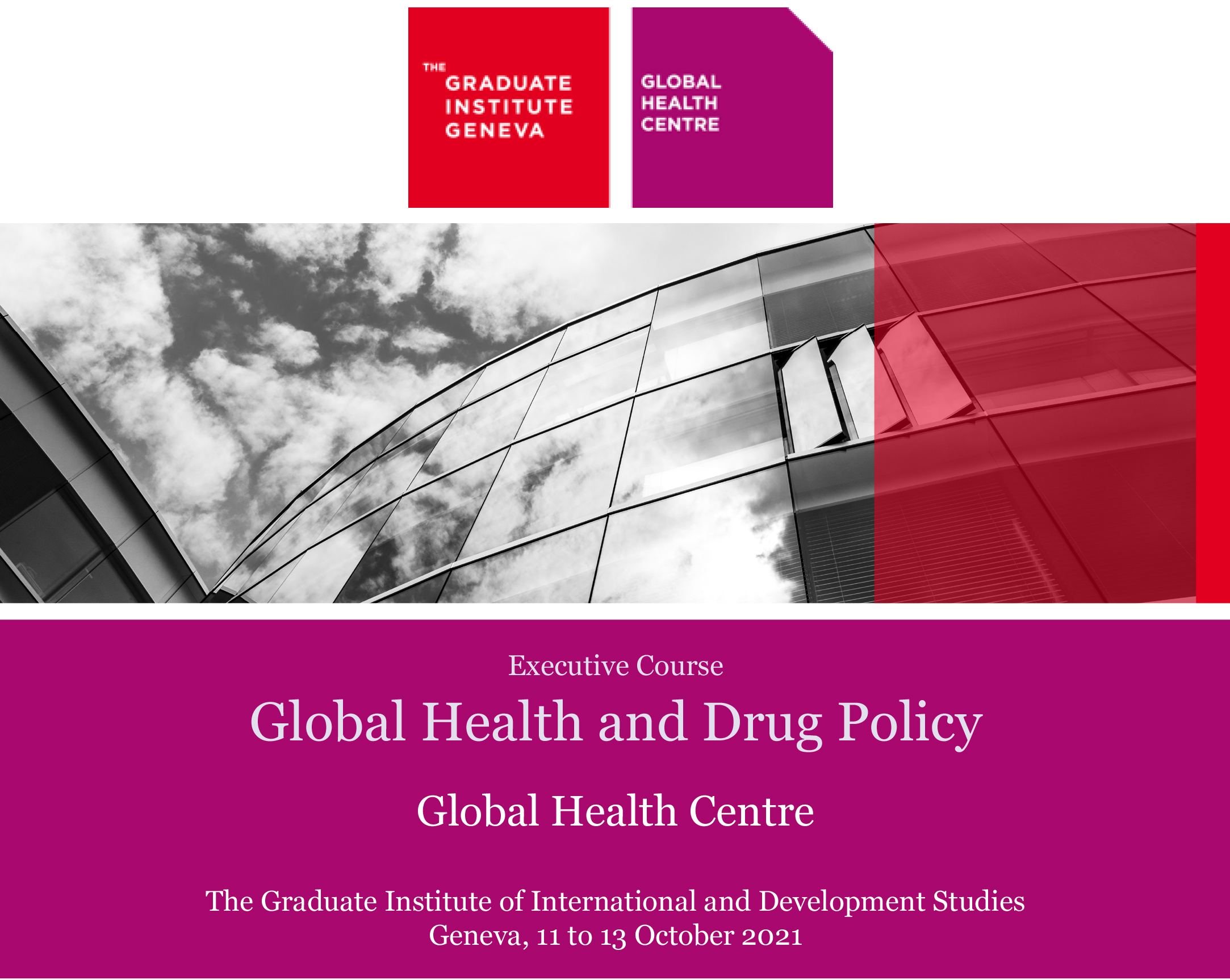
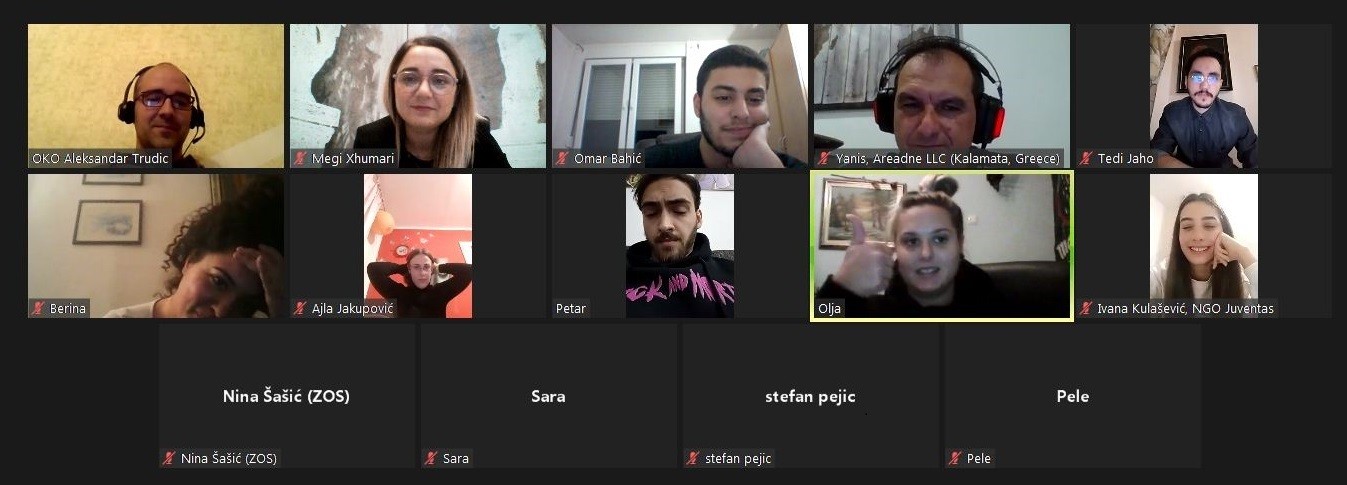

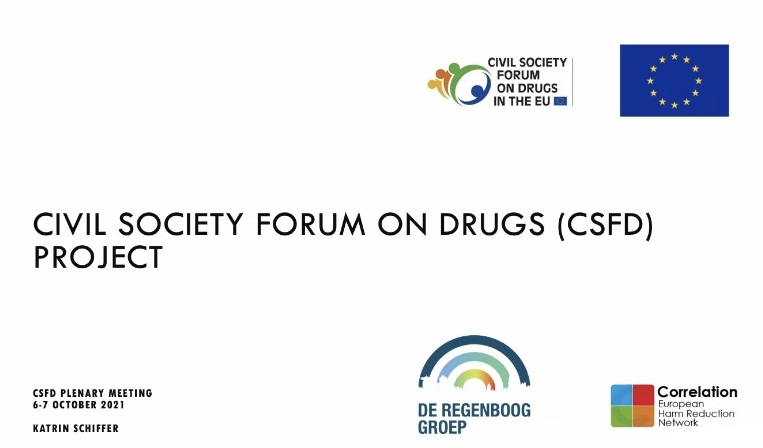
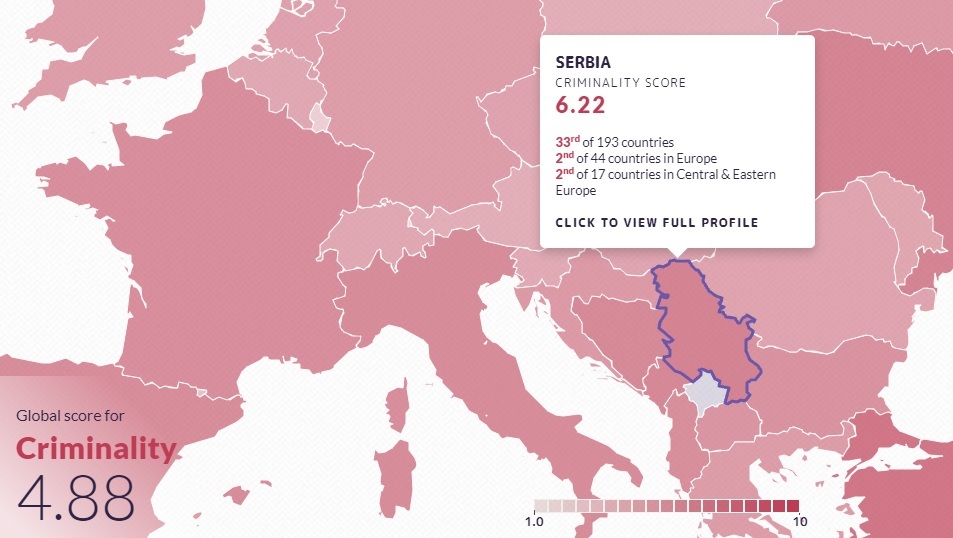
 The Index is the result of a two-year endeavour to evaluate levels of crime and resilience. Through this data, it is hoped that the Index will help inform a truly global response to the pervasive threat of transnational organized crime.
The Index is the result of a two-year endeavour to evaluate levels of crime and resilience. Through this data, it is hoped that the Index will help inform a truly global response to the pervasive threat of transnational organized crime.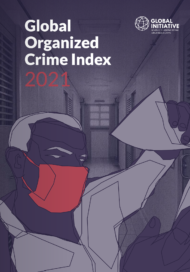 The Global Organized Crime Index is available
The Global Organized Crime Index is available 